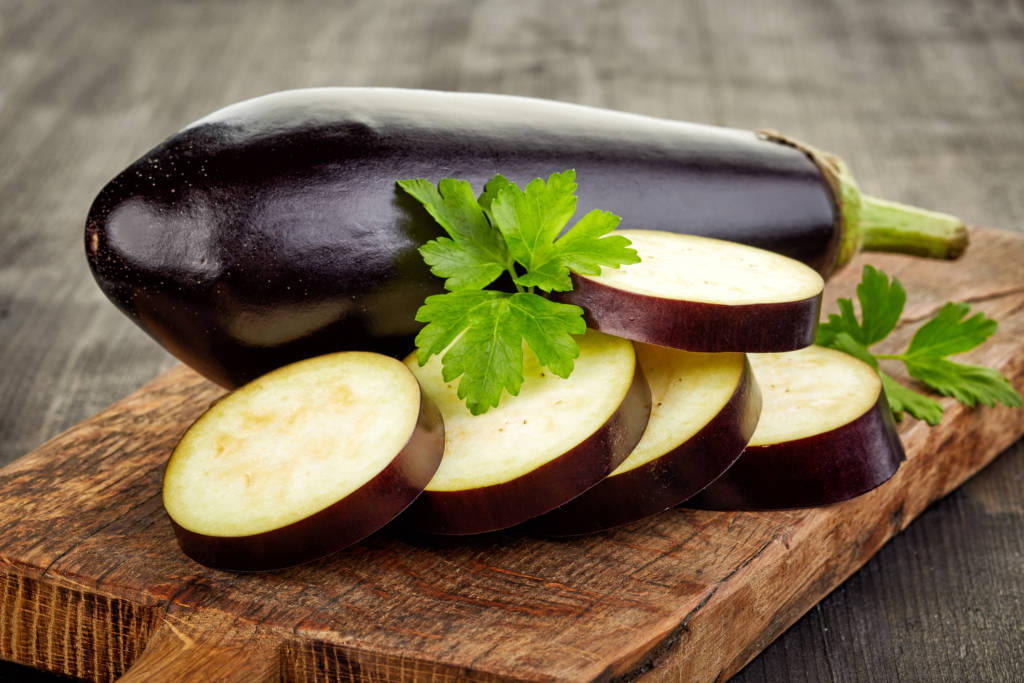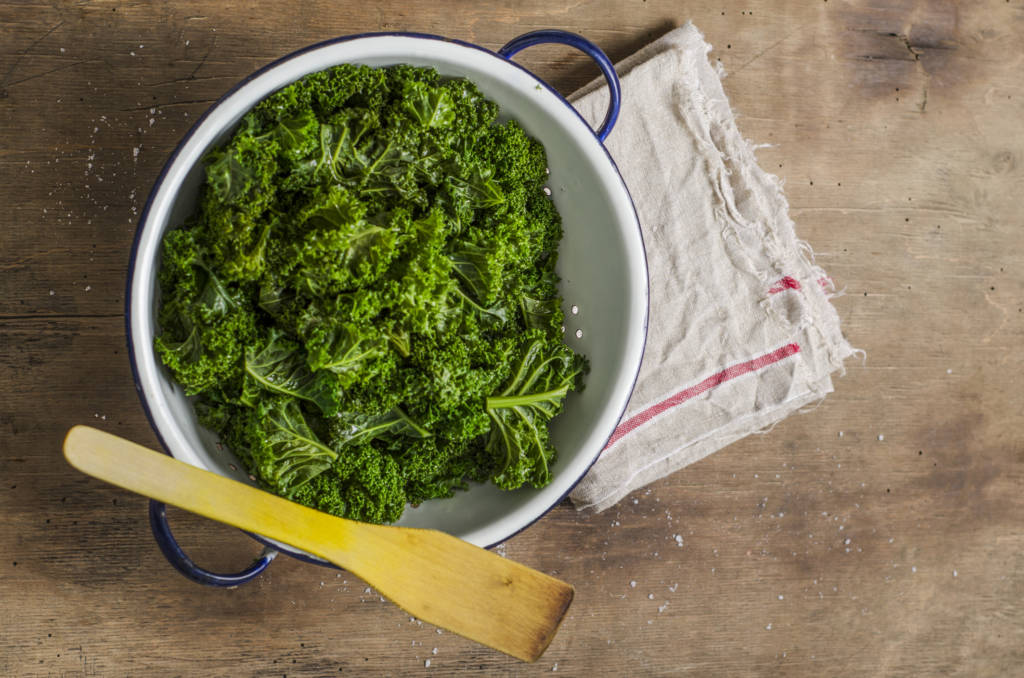When I was little I remember my mom giving us Flintstone vitamins every day. They tasted like candy, so we looked forward to taking them every day. As we grow up, we don’t take care of ourselves as much as our mothers did, but it’s important to continue to take vitamins because our bodies have different needs as we age.
Vitamins are a group of organic compounds that are needed for normal growth and nutrition of your body. You get these vitamins from what you eat in very small quantities, so it’s important to add supplements to make sure you have all the nutrients you need to lead a healthy life.

The twenties and thirties
In your 20’s you are finally getting a taste of real life. You go to college and get your first real job. You live a busy lifestyle, you’re constantly on the run, staying up late; all of that takes a toll on your body. In your 20’s and 30’s, it’s important to maintain your bone mass. If you don’t get enough calcium in your diet, you need to take a calcium supplement.
People ages 19-50 need 1,000 milligrams of calcium daily. Vitamin D is another supplement you should be getting, especially if you live in an area where you have long winters and get a limited amount of sunshine. Vitamin D also helps with bone strength, helps your hair and nails keep healthy as well. During this time is when most women start having children, so it’s important to take folic acid even before you become pregnant to diminish the chances of developing children with birth defects.
Forties
In your 40’s you lead an even busier lifestyle. You might have a family to take care of–just don’t forget you have to take care of yourself before taking care of others. Once you’re in your 40’s you’ll be hearing a lot more about osteoporosis and calcium and vitamin D, and yes your bones will start hurting if you don’t take the supplements.
Iron is another supplement you need in your 30’s and 40’s because the lack of it can cause anemia, which can cause you to feel sluggish, tired, and weak. In your 20s and 30s it’s recommended to get 27 mg of iron, but in your 40’s, you should aim for 18 mg a day.

Fifties
In your 50’s you should switch to a multivitamin for adults 50 and over. These supplements can include the right amount of calcium and iron for your age, which is much less than in your younger years.
Vitamin D should also be on your list because after 50 you stop absorbing and producing vitamin D through sunlight. Vitamin B12 is also needed because your gastrointestinal tract doesn’t absorb B12 as well as your younger digestive tract.

Sixties
By your 60’s… if you’ve reached this age without having to take any additional medications or do not have chronic diseases like high blood pressure or diabetes, then that means you’ve led a healthy lifestyle. Make sure you visit your doctor regularly and that you take a multivitamin that is meeting all the nutrients that you need. At this age, you might need something with all of the above and special ones, that help slow down those diseases that come with age.






